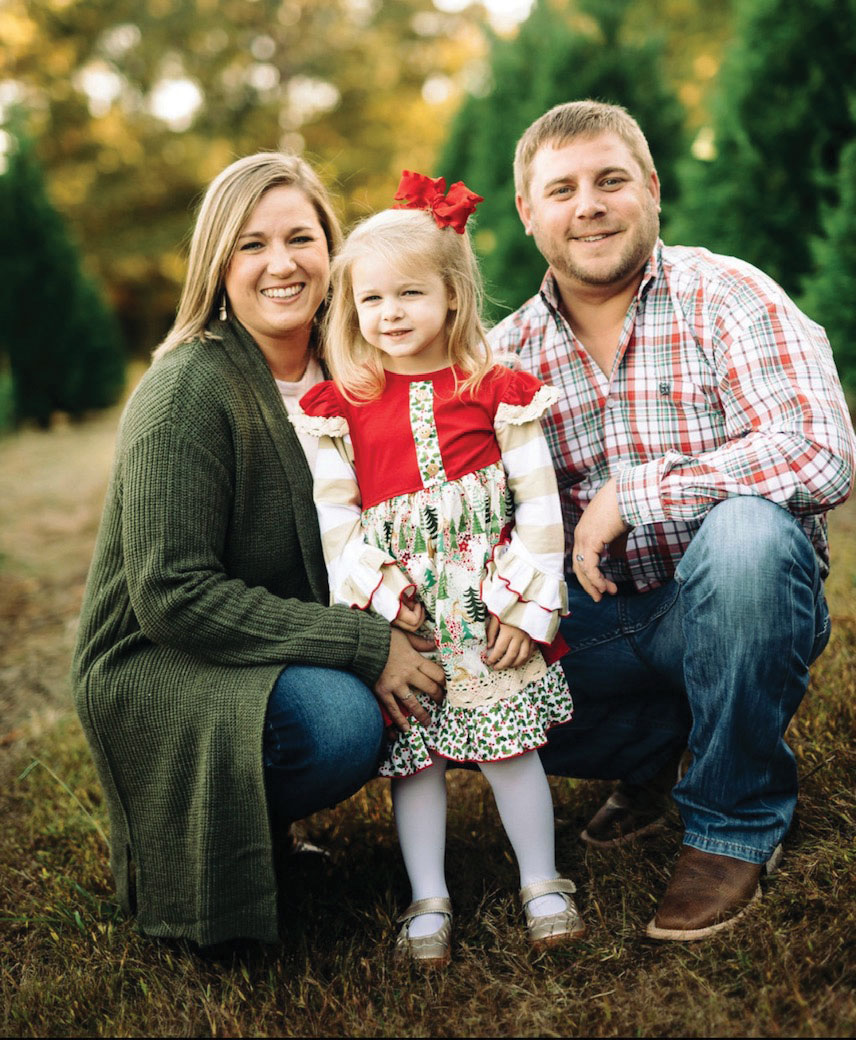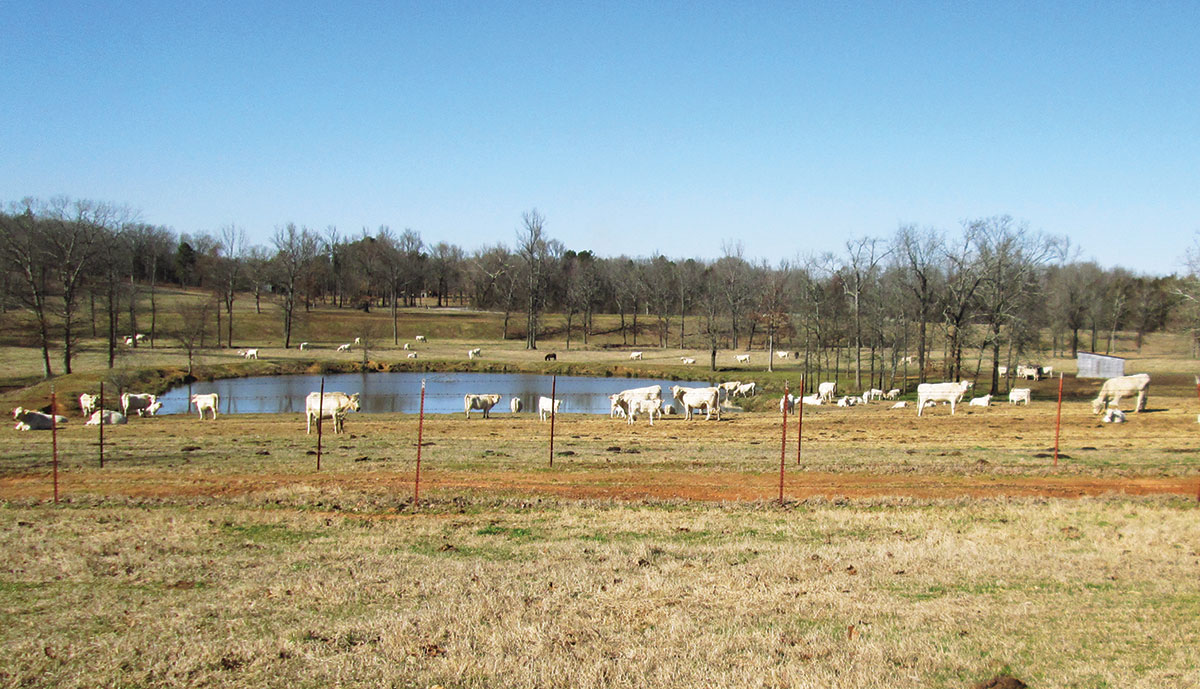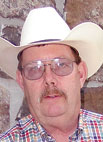 Wesley Benton continues the Charolais operation his grandfather Jewell Spurlock started with a single heifer
Wesley Benton continues the Charolais operation his grandfather Jewell Spurlock started with a single heifer
For years, travelers along Highway 67/167 in Judsonia, Ark., have passed the landmark of a large Charolais bull advertising Spurlock Farms.
Jewell Spurlock started his purebred Charolais cattle operation with a purebred heifer he bought in 1968 at the Arkansas State Fair. That heifer‘s growth and production impressed Jewell so much he decided to go into the purebred Charolais business. Jewell passed away in June 2019 at the age of 81. However, due to his failing health in his later years, grandson Wesley Benton stepped up and accepted the “play calling” for the farm in 2012 and has continued operating Spurlock Farms.
“I was always around my grandpa’s farm,” Wesley said. “I was raised here in the community and helped grandpa almost every day. He provided a lot of guidance and inspiration for me, even though he was in failing health the last few years. I still live on the farm, so it’s been a big part of my life for a long time.”
Spurlock Farms is nestled along the Little Red River in the foothills of White County. The 550-acre farm provides ample pasture and hay for the 100 registered Charolais cows and five bulls. Wesley has recently added 50 commercials cows to the operation to give it a little variety.
“After running the farm for the last eight years, I felt it was time to expand and I wanted to do it on my own,” Wesley said. “I certainly appreciated granddad and my family having faith in me to run the farm, but I wanted to have my own cattle. So, I ventured into the commercial cow operation.
“I keep my commercial herd so that I can have additional revenue to supplement my registered operation because the turn around is longer in the seedstock business. I have also had a few customers request beef so I have sold some steers as well.”
Helping Wesley manage the farm is his wife Ashton and daughter Ellie. As a family farm unit, they maintain the farm’s reputation to produce quality Charolais cattle that will increase their customers’ bottom line.
To help accomplish that goal, the Bentons raised the bar to the next level by initiating a strong AI and embryo transfer program.
“I am extremely selective about my females I flush, they have to raise the best calf on the place or be out of something other breeders are promoting heavily,” Wesley explained. “I believe there are way too many cows in every breed getting flushed that are just ordinary cows and I have done the same and just disposed of the eggs when I saw the cross didn’t work. I have four females that I either own or am in partnership on that we flush.”
He utilizes recip females from his commercial herd, as well the registered herd.
“Recips from my registered cows may not have as high-powered of a pedigree, but are good calf raisers,” Wesley said.
Herd bulls are also used for clean up.
“My main bull came from DeBruycker Charolais in Montana and my other bulls are ET calves that I have raised,” Wesley said.
Top-end calves are marketed as seedstock, but Spurlock Farms also backgrounds some calves that are sold as feeders.
Wesley’s herd is split into fall and spring calving, with a 90-day calving window for each. He explained the dual calving season allows him to have replacements at different ages for his customers.
To help his cattle reach and maintain top condition, Wesley utilizes mix of minerals and forages.
“I am a very firm believer in nutrition with a mineral plan for every season. I use Farmers Association in Searcy for a lot of my guidance,” he said. “I want my cattle to grow and be healthy but I rely on forage so that they can go to any program and work.”
Maximizing hay production is a major element of Wesley’s plans for the farm.
“I have about 60 acres of Tifton Bermuda and about 140 acres of Tifton/common Bermuda mix with some Dallas Bahaia in it,” he explained. “My hay ground is tested in March every year and I follow the guidelines to produce my hay and I also use chemical to keep it clean to maximize my fertilizer.”
Although the Little Red River could provide ample irrigation with a relift system, water flow can be sporadic at certain times of the year. Future plans call for a well and water guns to irrigate the prime hay acres to boost hay production. There are also additional acres across Hwy 67/167 that provide good hay.
“We have had good hay production the last couple years because we have had sufficient rain,” Wesley said. “In fact, we have had very wet springs which has delayed us some. But there are times it would be nice in late summer to irrigate for that last hay cutting.”
In addition to running Spurlock Farms, Wesley is a sales representative for Greenway Equipment in Kensett. Trying to balance all those duties gets hectic at times, but family comes first, and it all revolves around Spurlock Farms.







